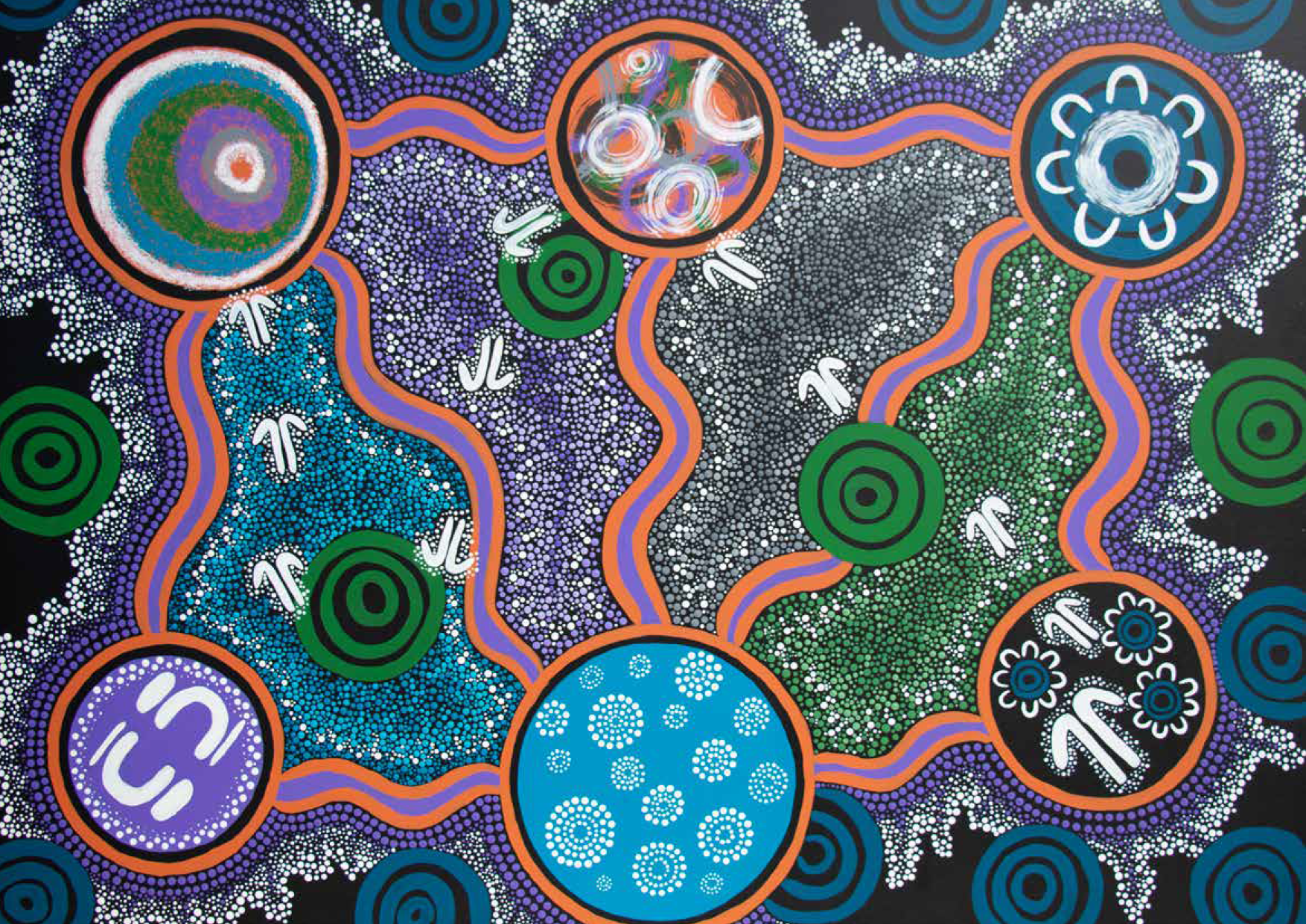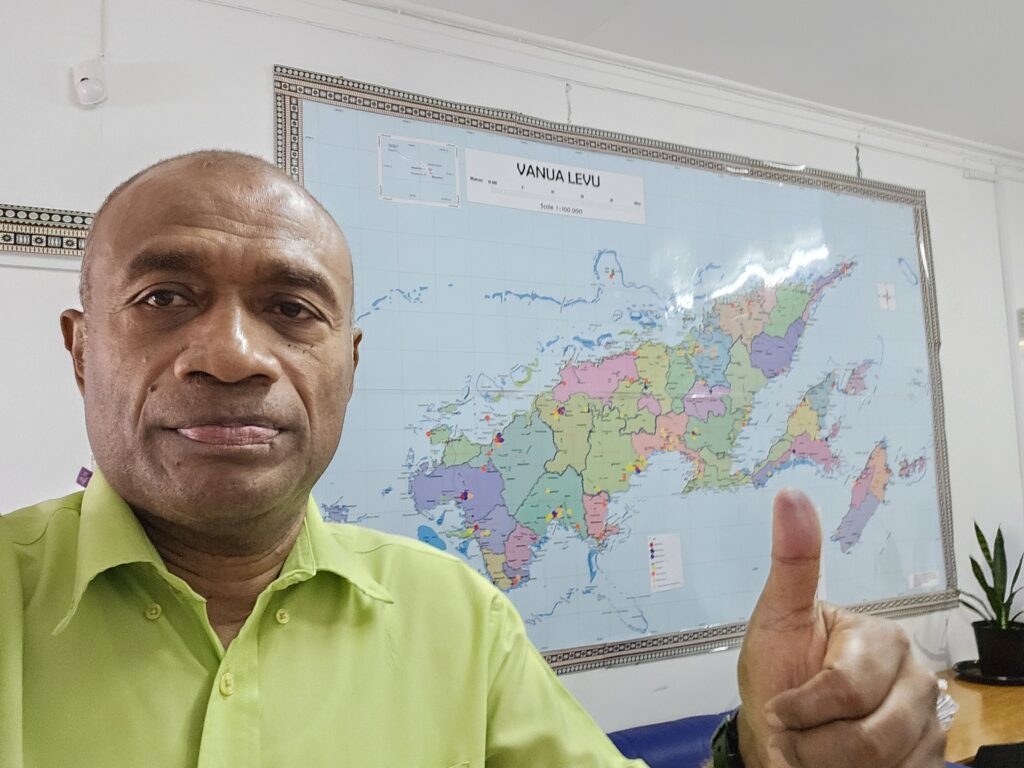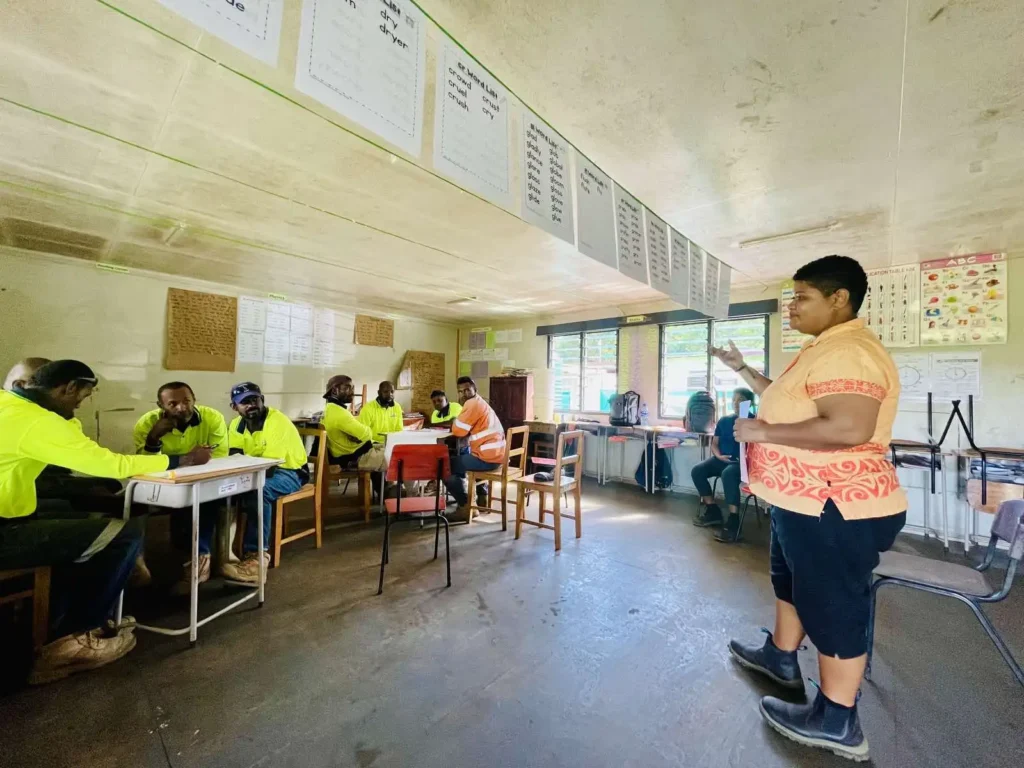
Written by Amy Gildea, Managing Director Tetra Tech International Development and Nelson Salangsang, Associate Director Transformational Education Tetra Tech International Development
Seismic shifts occurring around the globe, within the Pacific region and within the development sector are calling us all to step away from the binary. Globally we’re shifting from rules to power; in the Pacific region we’re seeing power shifts between states; in development we’re shifting toward a sovereign-led approach; new donors and aid financiers are engaging with non-traditional partnerships and ways of working; development leaders are innovating, harnessing technology in exciting ways, using data to drive decision-making, and empowering partners on the front lines. All of these factors bring about a need for us to recognise that we live in a multipolar world, and as a result need to reassess old ways of doing business and reshape aid modalities. Critically, this raises questions about development partnerships.
Australia’s Foreign Minister Penny Wong has also observed ‘many commentators and strategists prefer to look at what is happening in the [Indo-Pacific] region simply in terms of great powers competing for primacy. They love a binary’. Her argument is that this lens is inaccurate and overly simplistic. We agree; we exist in a multipolar world and denying that doesn’t make it untrue, it simply means we miss opportunities to create lasting partnerships that can affect real, generational change.
Te Tiriti principles of partnership, mutual respect and redress provide the foundation for how Aotearoa New Zealand’s foreign policy is conducted. The Ministry’s work is guided by the values that are derived from Aotearoa New Zealand’s bicultural heritage – manākitanga, whanaungatanga, kotahitanga, and kaitiakitanga1.
In this article we argue that excluding potential stakeholders and/or shying away from including “non-traditional” partners from participating in dialogue has the potential to slow or negatively impact our work (and our mana). Ignoring generations of relationships that could be leveraged to increase the reach, impact and longevity of development gains and priorities is no longer a tenable approach to development. Many people and organisations in this sector are already living those values and increasingly disrupting the way our sector operates, for the better. But to make further advancements toward the Ti Tiriti principles means we need to drive deeper, ensure locally led approaches and include parties who have legitimate interest and significant influence in communities across the Indo Pacific.
The Risks of Non-Partnership
By exclusion, we cut out large sections of local economies because different actors have, for generations, managed a significant portion of goods, services, human capital and trade. We set up uncoordinated tracks of work and development instead of being mutually reinforcing. We miss opportunities to build capacity around diversity, inclusion, quality and risk. And, most importantly, we miss the opportunity to build trust and goodwill, both of which are crucial to more open and respectful communication.
Being Stuck in the Middle
Investing in partnerships for the delivery of humanitarian and development programs is critical to achieving the 2030 Sustainable Development Agenda. Both the Busan Partnership for Effective Development Cooperation Agreement, and the Paris Declaration of Aid Effectiveness have two principles as cornerstones: partnerships and ownership. Both state that countries should define the roadmap by which they want development to occur. This relies on the participation of all the stakeholders and recognises the importance of diversity and the complementarity of the functions of all players and provides important touch points for broader diplomatic engagement.
Increasingly, large ocean nations are having to navigate the presence of multiple players. This makes defining their own roadmap and priorities, maintaining individual and regional peace and security, and making decisions according to the best interest of their populace increasingly difficult.
Against the backdrop of the complex interplay of the geopolitical challenges in our region, it’s not enough to partner with those that are easy, it’s also essential we negotiate with players whose values may not align with ours at first blush.
The Guardrails
To partner with players whose values may not always align we need to be clear-eyed. As any good risk manager will say, it’s rarely about risk elimination, rather, it’s about mitigation and adaptation. Going down the path of elimination leads to the likelihood of things popping up elsewhere. Risks shouldn’t create a barrier for trying to understand and partner with different entities who have been in place for generations. Some excellent guardrails Tetra Tech uses when working on the ground with non-traditional agencies involve:
Good Due Diligence: We understand that various actors are deeply embedded in communities, with power and influence, and have the ability to muster support and investment from local and foreign governments. Therefore, we seek to understand the beneficial ownership of organisations and determine where connections back to political ties might lie. We approach potential partnerships with an open heart, but clear eyed.
Separation of Risk from Fear: There are companies owned by foreign nationals, and there are companies with ties back to foreign governments – they are not always the same thing. It is important that our due diligence is related to facts, not fear.
It’s Okay to Step Away: We work through the process and if the values align and the risks are acceptable then we move to a more strategic partnership. If they don’t align, or stop aligning at some point, the relationship goes separate ways with a better understanding. Simply making a commitment to be open about partnerships doesn’t mean we partner with everyone regardless.
Establish meaningful connections that empower local communities: Articulating the key purpose of any partnership is key. As is establishing a mechanism for authentic dialogue between the partners, communities and other stakeholders. The Māori concepts of mana and manaaki are essential to understanding and practicing international development in a way that is respectful of and responsive to local cultures and contexts. They ensure local partners have the power and support they need to lead development efforts in their communities. Here are some specific examples of how they can be applied to international development practice:
Respecting local decision-making: Involving local partners in all stages of the development process, from design to implementation to evaluation, ensures their voices are heard and their needs are met.
Building strong relationships: Taking the time to listen to get to know local partners and understand their culture and values is essential for building trust and collaboration.
Supporting local capacity development: Providing training and resources to local partners helps them to build the skills and knowledge they need to lead development efforts in their own communities, now and into the future.
Promoting local ownership: Ensuring local partners have a meaningful say in the design, implementation, and evaluation of development programs is essential for ensuring they are sustainable and responsive to local needs.
The best guardrails seek to understand, mitigate and continually assess the risks, and adapt – as you would do for any component of any project.
The Space Beyond the Binary
Reimagining inclusive partnerships calls us towards a multipolar world and to step into a space beyond the binary – towards motutapu2 – where different ideas, agendas and views come together with the potential to create deeper meaning, recognise the unspoken tensions and competing agendas. Thus, honouring and affirming relationships that are vital for sustainability and resilience.
We believe in capacity transfer for all players, because it will collectively lift harmonisation and performance of the sector overall, lead to better outcomes for partner nations, and stronger diplomatic relationships. We can work alongside non-traditional partners on the things that lead to good development like:
- Seeking community-led solutions.
- Building local leadership.
- Ensuring a competitive merit-based procurement process is established.
- Ensuring safeguards around quality, inclusion and diversity are in place.
What Good Looks Like
The world is shifting from economic recovery and growth to security and military relationships. And our work is in transition from efficiency to resilience. That means innovation and non-traditional partnerships are essential to doing business differently – new ways of partnering, agile, and flexible approaches to design, results-based aid, trialing/adapting new technologies, and leveraging new partnerships and sources of finance all have a role to play.
As we deepen our understanding of different actors on the ground, we can find ways to work with them in mutually beneficial ways. There is a great potential for us to all form partnerships with local industry associations, civil society organisations, and government agencies. To be successful, however, these relationships need to be strengthened by incorporating key partnership features; mutual accountability, reciprocity, shared risks, and mutual benefit.
So what? Conclusions
Excluding, or refusing to work with, various parties who have long held, powerful ties to local communities takes us further away from the principles of Ti Tiriti and mana and manaaki. It also significantly reduces the impact of the work we’re all so passionate about; creating lasting, meaningful change guided by local communities. We significantly increase our workload, spend and risk, while potentially decreasing quality and longevity. Further, we are actively ignoring the values set out in New Zealand’s Strategic Intentions 2021-2025 and Australia’s new International Development Policy – which is essential for supporting intergenerational wellbeing, peace and prosperity and the security, safety and growth of our region. Kia hāngai ake e mahi ngātahi he ao-haumaru, ao-tōnui, ao-pūmau, ki te oranga tonutanga.
References
1 Manākitanga (kindness, care, the spirit of reciprocity and our common humanity), whanaungatanga (connectedness), kotahitanga (working towards a common purpose, shared objectives and unity), and kaitiakitanga (stewardship and intergenerational wellbeing).
2 Motutapu is a sacred space that symbolises a point of collaboration – it is a relational approach encouraged through dialogue and an openness to co-exploring new ideas and solutions.


